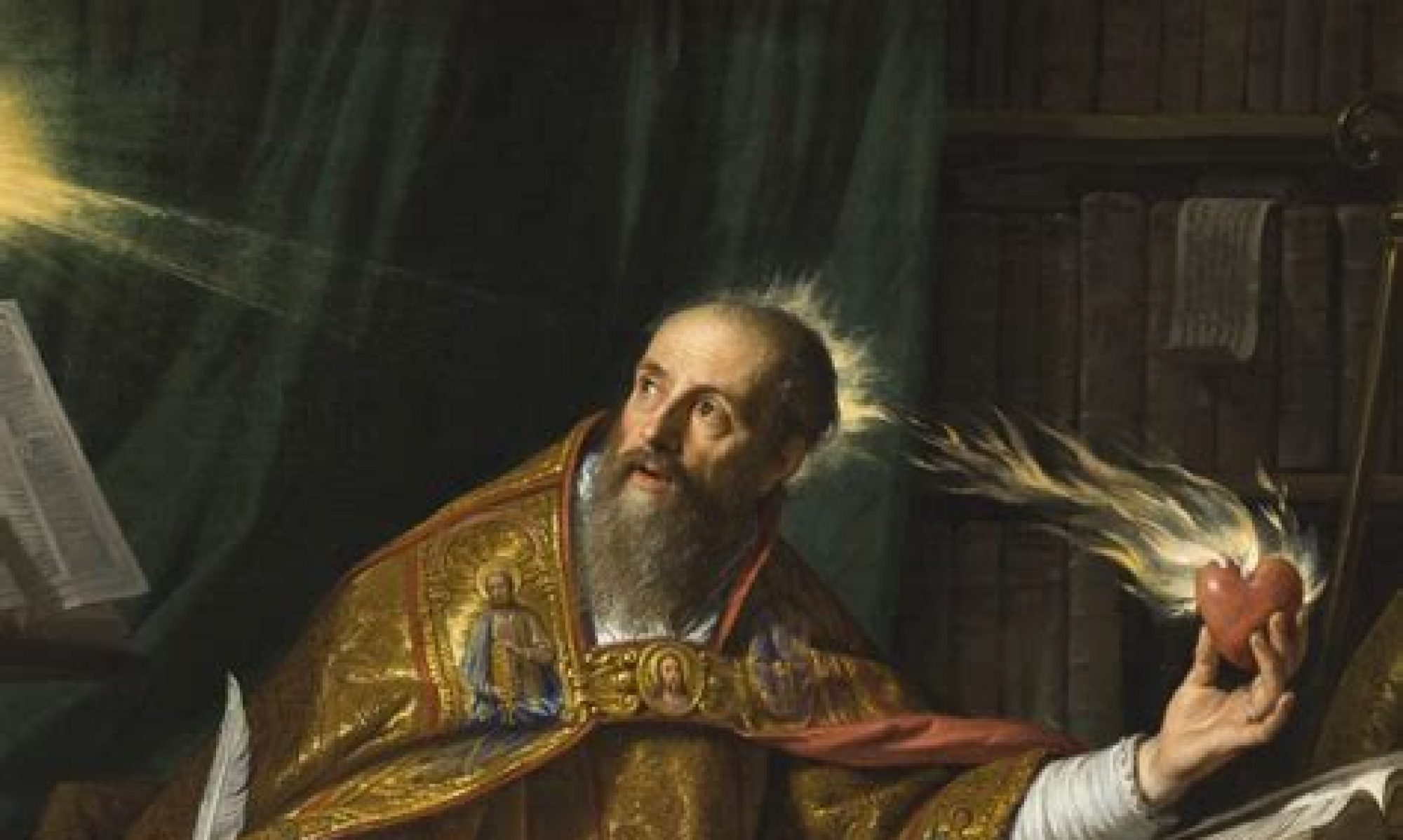Today is Thanksgiving Day in the United States. Americans travel to get to their families’ homes during this national holiday to come together to celebrate annually every fourth Thursday of the month of November. This tradition started in 1789 and became an official holiday in 1863 declared by President Abraham Lincoln.
Thanksgiving is historically a day to dedicate our time in gratitude to God, the Almighty, for the blessings received. It is also a day for all of us to attend Mass as a community in all Catholic Churches as an act of worship, giving thanks for all of God’s bountiful blessings.
In the Scriptures, there are several times the word “thanks” is mentioned. It is a word with a variety of meanings, like praise, sacrifice or a gesture of a profound relationship. We come to think that “thanksgiving” is focused on a relationship with one another and God. Throughout biblical history, human beings have been grateful to God. In the same manner, early Christians, pilgrims in America and Native Americans, came together to celebrate their relationships in order to give honor to God who protects them from all dangers, being able to survive and enjoy their plentiful harvest from God.
There is much for me to be thankful for: family, good health, employment, being part of a faith community and many other blessings. It is also proper and appropriate to be thankful that we have survived from sickness, dangers, covid-19 and from other calamities. I account for all my blessings. Then I ask myself the question, “What is the source of these unearned gifts?” The answer is God. Over the years, we need to look back in order to realize that God is always accompanying us through thick and thin. God is totally in control over us in this world. We cannot ignore the fact that God exists. By forgetting or denying His existence, we put ourselves in a labyrinth of no return, confusion, and restlessness.
On Thanksgiving Day, at least for a day, we give importance to our family, prayer, sharing and cooking food to give thanks to God. Today’s gospel reading helps us understand the immense goodness of God and the importance for us to give thanks all the days of our lives. According to the gospel story, only one of the ten lepers that were cleansed came back and thanked Jesus and gave praise to God. Interestingly, he was a Samaritan.
First, this particular episode in the gospel reveals the foreshadowing of the salvation of mankind. God’s salvation has been first offered to the people of Israel and, consequently, gentiles and sinners are the ones benefitting from it for they heard and fulfilled what Jesus asked them to do. Returning to the Lord, with complete turnaround, signals what is being expected of us.
Second, many times, we take for granted all the blessings and healings we have received. Hence, the gospel is an invitation to rediscover how ungrateful we are. Maybe we need to follow the example of one of the lepers to acknowledge all God’s graces and return to Him.
Third, all graces of God always lead us to His offering of salvation. For all the graces and mercies I have received from God and others, I sincerely give thanks to God through my daily prayer.
St. Paul says, “I give thanks to my God always on your account.” This is a classic example of living a life of thanksgiving for others. We should be giving thanks always and everywhere. Even these words came from the lips of Jesus saying, “Has none but this foreigner returned to give thanks to God?” Jesus has been looking for the other nine lepers being healed. Maybe they wait for another Thanksgiving Day.
Let us not wait for tomorrow, procrastinating again and again. Today at this present moment, we have many reasons for which to be grateful.
God bless you.
Fr. Arlon, osa

